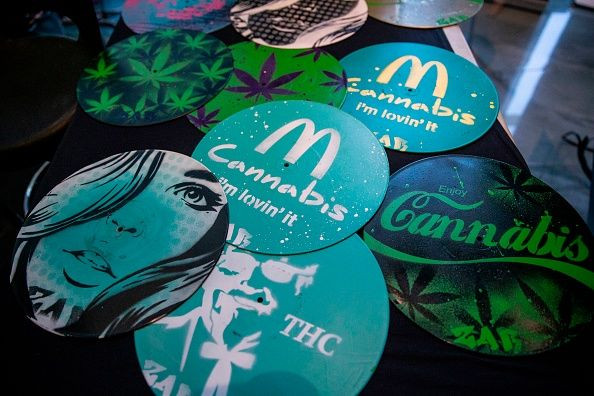Marijuana Effects On The Brain: Increases Psychotic-Like Experiences, Impedes Development In Adolescents

Cannabis may be legal in many U.S. states, but that does not automatically mean that it is the healthier option, especially for adolescents. According to a study published in the American Journal of Psychiatry, marijuana use in teens can lead to greater brain dysfunction compared to consuming alcohol. That said, the proponents recommended that marijuana packaging and signs should contain warnings for teens who might find ways to use it.
In the research titled “A Population-Based Analysis of the Relationship Between Substance Use and Adolescent Cognitive Development,” 3,826 students in the seventh grade from 31 U.S. schools were monitored annually over a span of four years on cannabis and alcohol consumption. Their responses were observed using school-based computerized tests on working memory, recall memory, inhibition and perceptual reasoning.
The results showed that it was in those who used marijuana where neurotoxic effects were observed. The scientists also found delayed perceptual reasoning and memory recall. The effects of marijuana on brain development appeared to be unrelated to the effects of alcohol.
In a related study titled “Cannabis use and psychotic‐like experiences trajectories during early adolescence: the coevolution and potential mediators”, which observed 2,566 teens aged 13 to 16 years also over a four-year period, researchers found that psychotic-like experiences (PLE) had a higher incidence in teens who used marijuana. They also saw a greater number of depression symptoms.
According to the Annals of Internal Medicine, one in even Americans used cannabis in 2017, with smoking as the number one mode of consumption. People are also more inclined to consume cannabis edibles and vape in states where it is accepted legally for recreational purposes. With the increasingly creative modes of marijuana consumption, some physicians are concerned that their effects in high concentrations and frequencies have yet to be explored.
When it comes to teens, observed behaviors in frequent and habitual users showed that those who consume it in high amounts tend to be unhappy and achieve less in life. Both are issues that adolescents should be aware of before they consider adopting a cannabis lifestyle while they are still young.
© Copyright IBTimes 2025. All rights reserved.





















